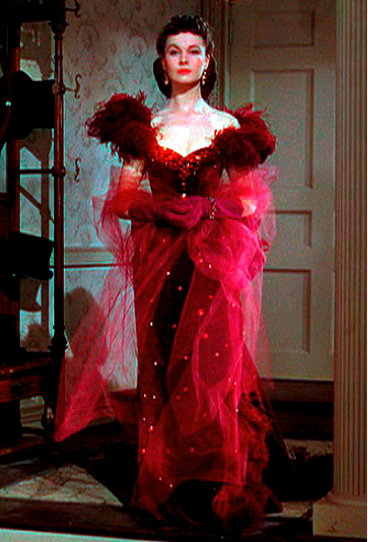Honesty time . . .
Did I actually read The Canterbury Tales?
Yes.
Did I understand it?
. . . . Now that is a completely different
question altogether.
I
just don’t know what it is. Why can’t I understand The Canterbury Tales? Is it the story itself, or is it just Middle
English as a whole? It’s so upsetting for me (as an English Major) to read a
classic piece of literature such as this and not be able to comprehend what it
is saying. I keep reading, over and over again, desperate for some kind of
clarity (I don’t want to depend on a more modern version), and the continuous
rereading causes the story to become less intriguing in my mind.
Such
a shame.
However
– yes, there is a ‘however’ in this seemingly negative post – there is one
thing The Canterbury Tales emphasizes
that I am absolutely certain of: the importance of company.
In
the General Prologue, Chaucer makes it a point to introduce all of his
companions whom will be joining him on his pilgrimage. Each of his companions have
very different personalities that, even someone like me, can see will make for
a very interesting story. For example, the Knight, a man of honor and chivalry,
entered the scene with his son, the Squire, a young man looking for love yet
does not seem emotionally prepared for the responsibility, alongside him. The
Wife of Bath, a woman clearly graced with riches and multiple life partners, was
also introduced along with the Summoner, a man scarred by leprosy who
frequently gets drunk. As you can see simply by the few characters accompanying
Chaucer on this pilgrimage I have chosen to focus on, there are many different
personalities and views circling throughout the story.
I
always thought it was interesting how very different people can come together
in a group and be friendly with one another despite their differences. Of
course, I understand that there is much room for feuds and arguments during
this pilgrimage, but I also know that it is part of life. People are put
together in a certain situation for a reason, and whatever happens, positive or
negative, is meant to teach a lesson and help one grow. As I mentioned before,
I thought it was interesting how people could be so different yet come together
as a group. Immediately, I thought of my group of friends. We are not much of a
group, more like a trio, but we are each so different from the next, even I
sometimes wonder, how in the world can we
be friends? But then I realize, they are in my life for a reason – they are
meant to teach me something and they are meant to be my company, at least for
now, throughout my pilgrimage of life.
Perhaps
this is what The Canterbury Tales is
saying: company is one of the most important things in one’s life. All we have
to do is decide who is good company and who is bad company.


